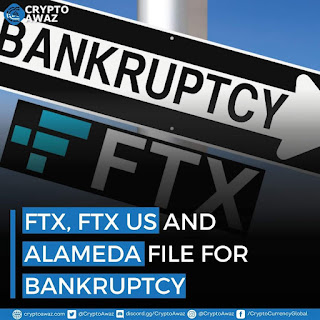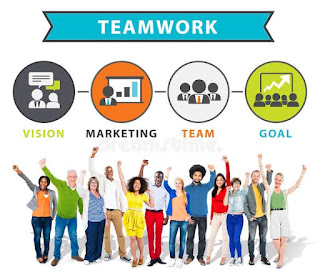Politicians become more corrupt during economic booms, not because citizens stop caring, but because good times make corruption harder to detect and less likely to be punished
When the Economy Booms, So Do Corruption and Impunity
By -
Citizens in Latin America and the Caribbean often associate corruption with economic crises. Since 2016, survey data show that individuals who believe their country’s economy has worsened are significantly more likely to say that most politicians are corrupt. But are politicians actually more corrupt when the economy is bad, or are citizens just more sensitive to misconduct during downturns?
In a new IDB study, we explore how economic conditions influence corruption and the willingness of citizens to hold politicians accountable. Combining theory and experimental evidence, we reveal a surprising pattern: politicians become more corrupt during economic booms, not because citizens stop caring, but because good times make corruption harder to detect and less likely to be punished.
A Theoretical Model to Test Citizens and Politicians’ Behavior
To study this phenomenon, we designed a theoretical model where citizens fund public goods through taxes, and politicians decide whether to allocate those funds honestly or siphon some off as private rent. Citizens can then choose to punish politicians, at a personal cost, such as joining a protest or pursuing legal means, if they believe corruption occurred.
Good economic conditions are modeled as reductions in the cost of creating public goods. This is equivalent to what happens in many countries in Latin America when local authorities receive additional funds because the price of abundant natural resources goes up or when exchange rates make it cheaper to buy inputs. When the cost of producing public goods falls, politicians can offer more goods for the same level of taxes. That makes it harder to detect when politicians skim money. Moreover, citizens may be less inclined to punish them, even when they suspect foul play.
A Laboratory Experiment
To test these ideas, we ran a laboratory experiment with 800 university students in Colombia. Participants played the roles of either citizens or politicians, making decisions across several rounds that mimicked the incentives and uncertainties of real political life. The citizens received money with which to pay taxes, which were then transferred to the politicians. The politicians then had to decide how much to allocate of those funds to provide public goods (and how much they could pocket). In some rounds, the cost of producing public goods—manifested in real money—was high (bad times), and in others, it was low (good times). Once citizens observed the public goods provided, they could decide to punish the politicians by reducing their salary if they believed the politician had been corrupt, mimicking what would happen in real life if voters decided to vote the politician out of office.
The results were clear: corruption increased by 14% when the economy improved. Meanwhile, the rate at which citizens’ punished politicians remained mostly stable, but their ability to detect corruption and their desire to respond to it was weakened.
One of the most striking results came from what politicians expected: they believed they were less likely to be punished during good times, and they were right to think so. The public goods looked better, even when the politicians had skimmed off the top, and citizens were less likely to act on their suspicions. As a result, politicians had stronger incentives to engage in corrupt behavior.
It is worth noting that because public goods are usually provided by the different levels of government (local or municipal, state or provincial, national) and citizens have a hard time disentangling who provided what, corruption can be further obscured by the actions of other levels of government. That is, a local corrupt politician may not be voted out of office if at the same time the higher levels of government are investing heavily in the district.
Upending Assumptions About the Economy and Corruption
This study upends the assumption that corruption thrives only in times of hardship. Instead, it shows that booms may shield misconduct by creating the illusion of competent governance. Politicians can skim off the top without triggering alarm bells, especially when citizens are materially satisfied or politically cynical. For policymakers, the implications are clear: oversight and accountability mechanisms are crucial even when things seem to be going well. Transparency in public spending, citizen access to detailed budget information, and clear attribution of public goods provision (who funded what) can help make corruption more visible and accountability more effective. Otherwise, periods of prosperity may come with hidden costs—not just in money lost, but in trust eroded.






